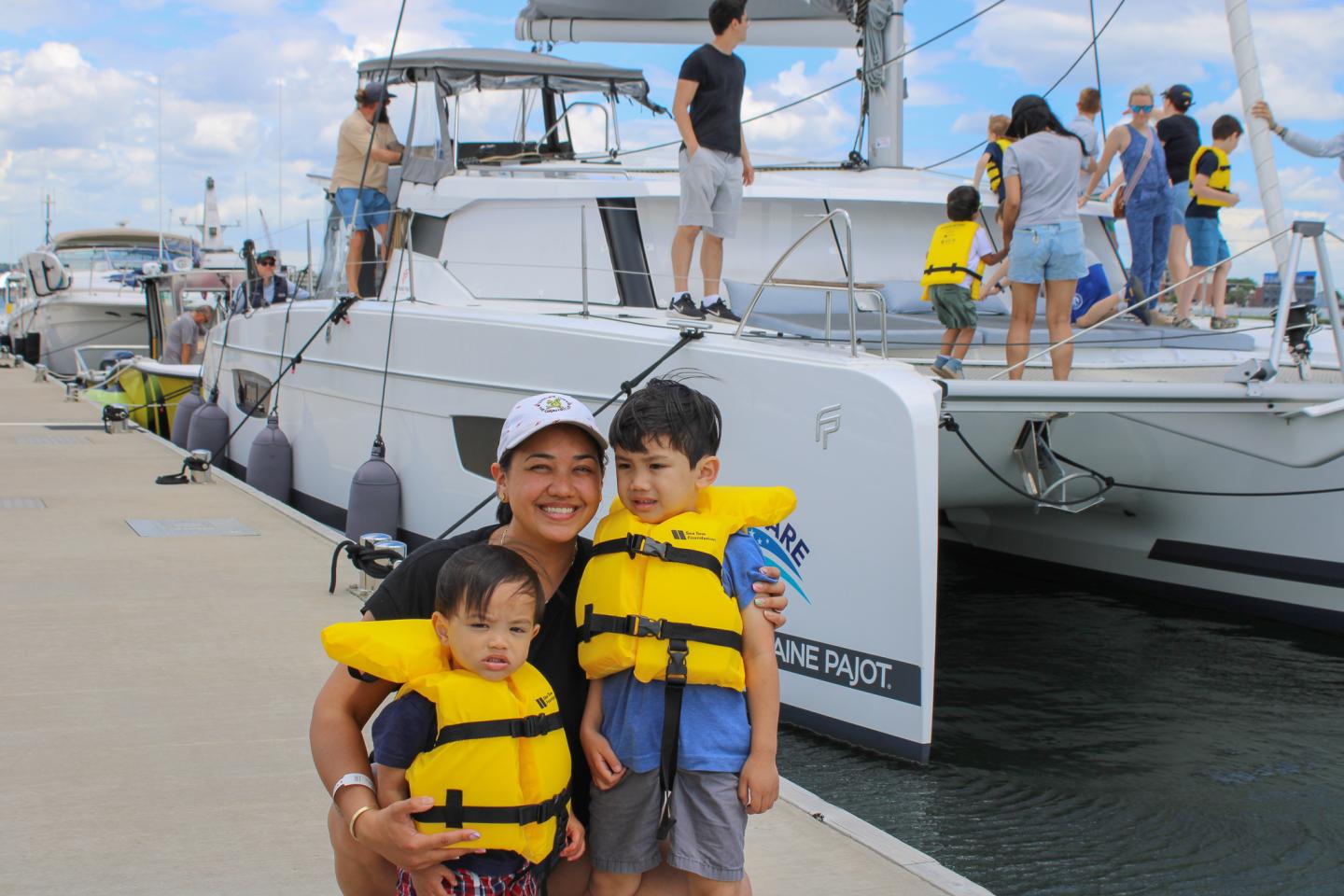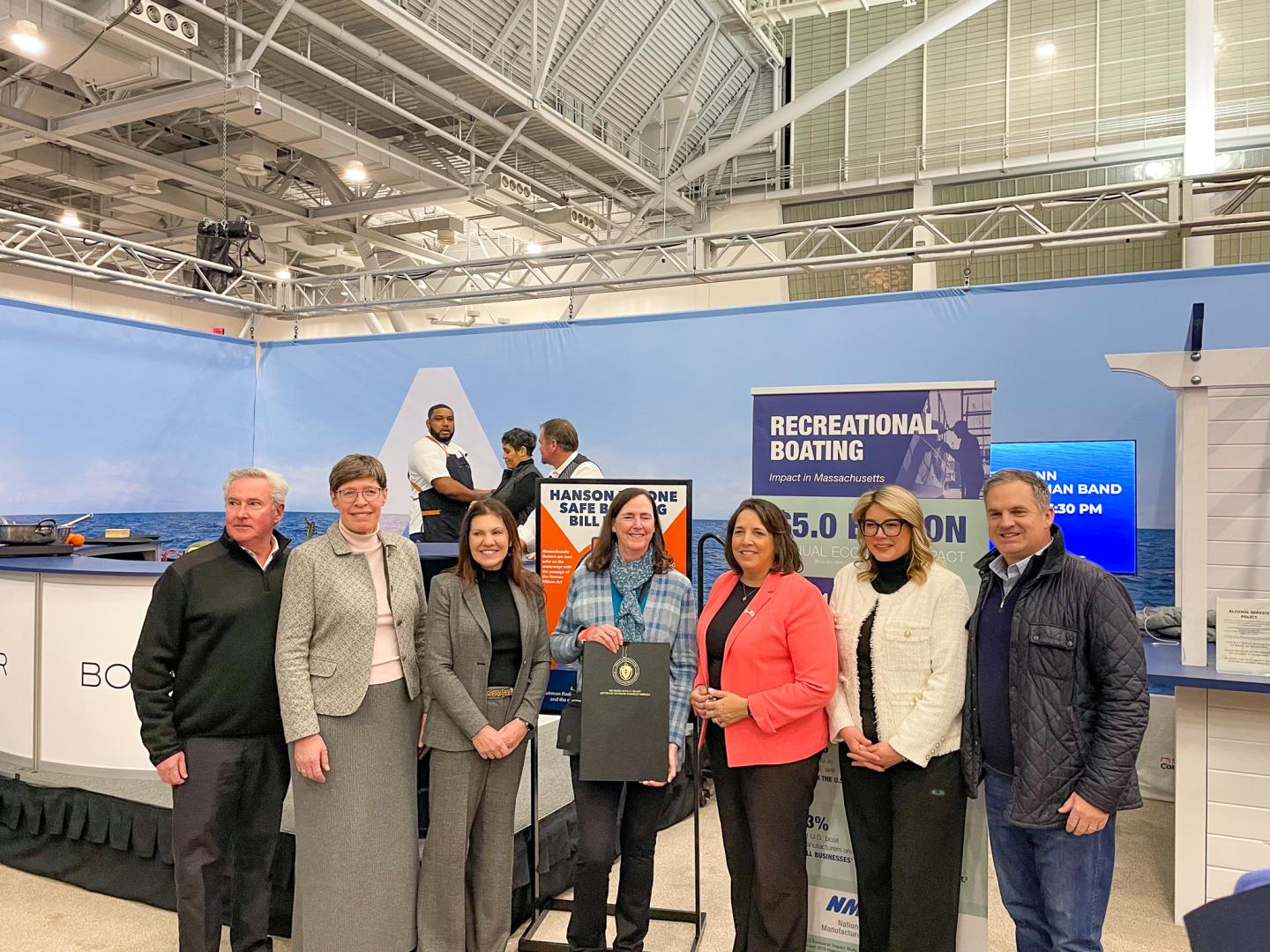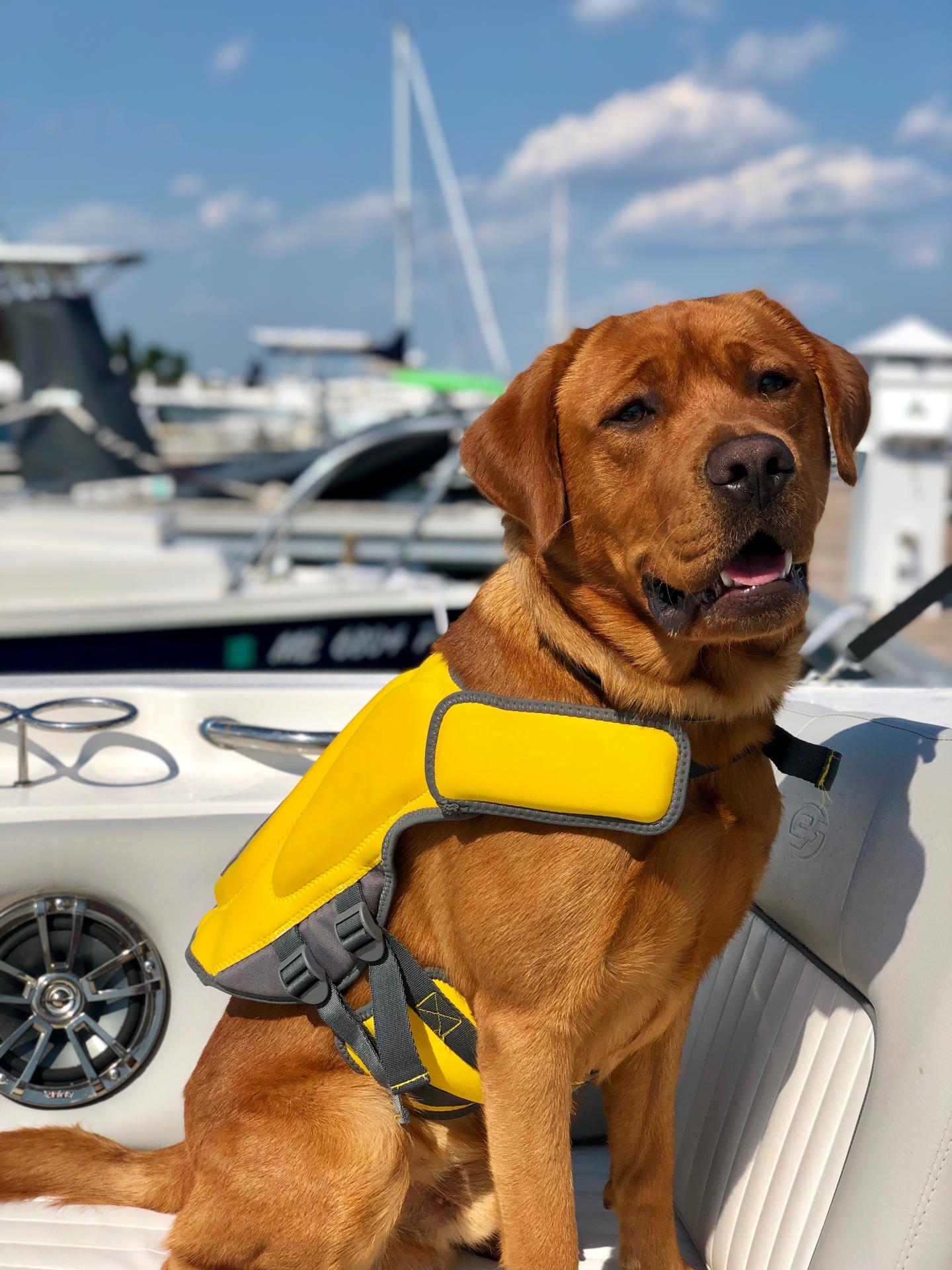Boating Safety
It is always a good time to think about safe boating habits, but May 19th marks the start of National Safe Boating Week. Take some time to reflect on your own practices, and continue reading for some tips on how to stay safe out on the water.


New Legislation
On Wednesday, January 8th, 2025, Massachusetts Governor Maura Healey signed the Hanson-Milone Act into law. The bill was in the works for over 13 years, and is named for David Hanson, who lost his life in a boating accident in 2010, and Paul Milone, the late Weymouth Harbormaster who was dedicated to boating safety. The act will create a boater education program and require boat operators in Massachusetts to possess a safety certificate. Guidance will be published no later than October 1, 2025.
Anyone born after January 1, 1989, has until April 1, 2026, to obtain their certificate. No operator shall be assessed a penalty until September 1, 2026. Anyone born on or before January 1, 1989, must obtain their certificate before April 1, 2028.
It is important to understand rules and regulations to keep you and other boaters safe. Just like driving a car, there are rules of the road every boater should know!
Also before heading out to sea, be sure to check the weather forecast and plan accordingly. While on the water, stay observant of your surroundings. Follow channel markers, adhere to warning signs, and keep a safe speed at all times.
Ensure all of your equipment is operating properly. The U.S. Coast Guard Auxiliary and the United States Power Squadrons are able to conduct Vessel Safety Checks, free of charge! To find out about how you can have one of these checks done, click the button below.
You are required by federal law to have certain equipment on board. Be prepared with life jackets, fire extinguishers, visual distress signals, and more before heading out to sea. Massachusetts requires additional items, such as an anchor, that may not be required on a federal level. Check your local boating handbook to learn more about what is required to ensure you are fully prepared.

One of the most important (and easiest!) things you can do to stay safe while boating is by wearing a life jacket (also known as a personal floatation device or PFD). Make sure you have at least one PFD on board for each passenger present. Any child under the age of 12, anyone using a personal watercraft, anyone water-skiing or otherwise being towed, and anyone in a canoe or kayak between September 15 and May 15 is required to wear their PFD at all times.
Even if it is not required, it is never a bad idea to wear your life jacket. All life jackets should be approved by the Coast Guard, the right size, in good condition and free of any rips, and kept in a place where they can be easily accessed in the event of a sudden emergency.
Another safe boating habit is locating and utilizing your engine cutoff switch when operating your vessel to quickly shut off the engine in the event of an emergency. You should be aware of your vessel's engine exhaust outlets, and keep these areas clear to protect yourself and your passengers from carbon monoxide poisoning.
Ocean Havens marina staff members take part in several trainings to keep boaters safe. This includes JW Furrh Right to Know, Dock Safety, First Aid / CPR / AED, Spill Training, and more.